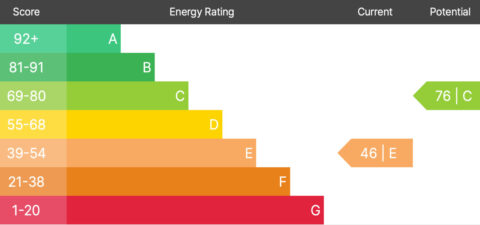Electric cars are very pleasant to drive compared to internal combustion engine vehicles. The major difference being that they are extremely quiet and are therefore very relaxing on the move. They also deliver power in an incredibly smooth manner, which eliminates the need for a gearbox, making the driving experience even easier.As petrol and diesel prices continue to rise and more stringent conditions come into force on vehicle emissions, motor manufacturers are being encouraged to develop alternatives to traditional internal combustion engine vehicles (ICEVs).
The maintenance of Electric vehicles (EVs) should be less than internal combustion engine vehicles, due to the lack of a gearbox and the oils and cooling fluids that are associated in ICEVs. Electric motors have far less moving parts than conventional petrol / diesel engine too. The running costs of electric vehicles are considerably less for the average commute to work or shopping trip.
Battery longevity is still a bit of an unknown area, many manufacturers are offering long warranties to reassure potential customers. Renault offers a battery-leasing scheme where you pay a monthly fee and they will guarantee the batteries performance.
The beauty of electric vehicles is that tail-pipe emissions are zero, therefore making our towns and cities more pleasant environments. However, they are not without environmental impact; the electricity used for charging has to come from somewhere! If your electricity comes from a coal fired power station, it may not be anymore CO2 efficient than a conventional diesel car.
It is envisaged that most electric vehicles will be charged overnight at home, as most journeys will be well within their range. Considerable Government funding is going into the development of a plug-in vehicle-charging infrastructure. Grants are available for domestic chargepoints, fleet operators and residential on-street charging schemes. Therefore charging EVs will become a more practical option as the UK network expands.

































